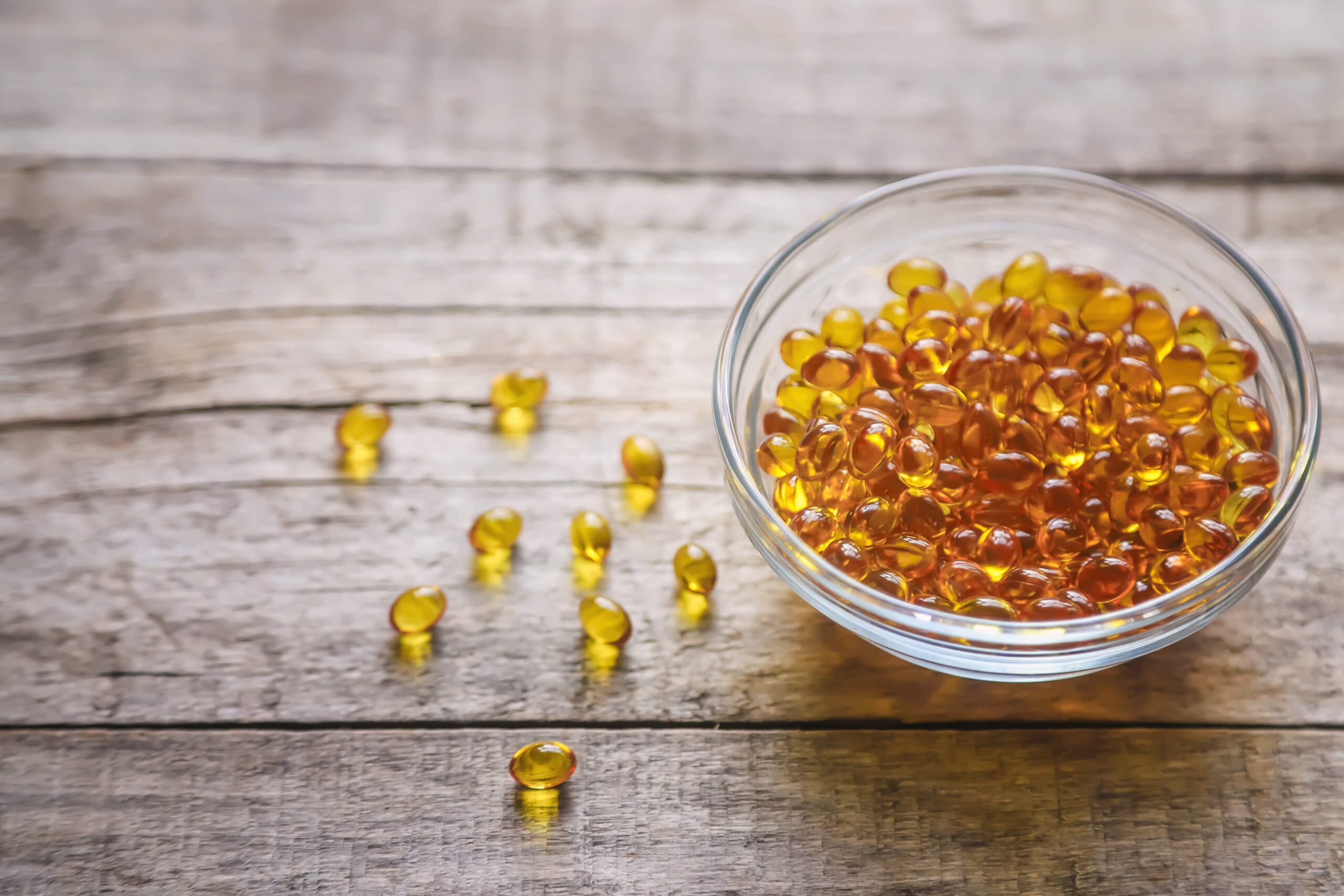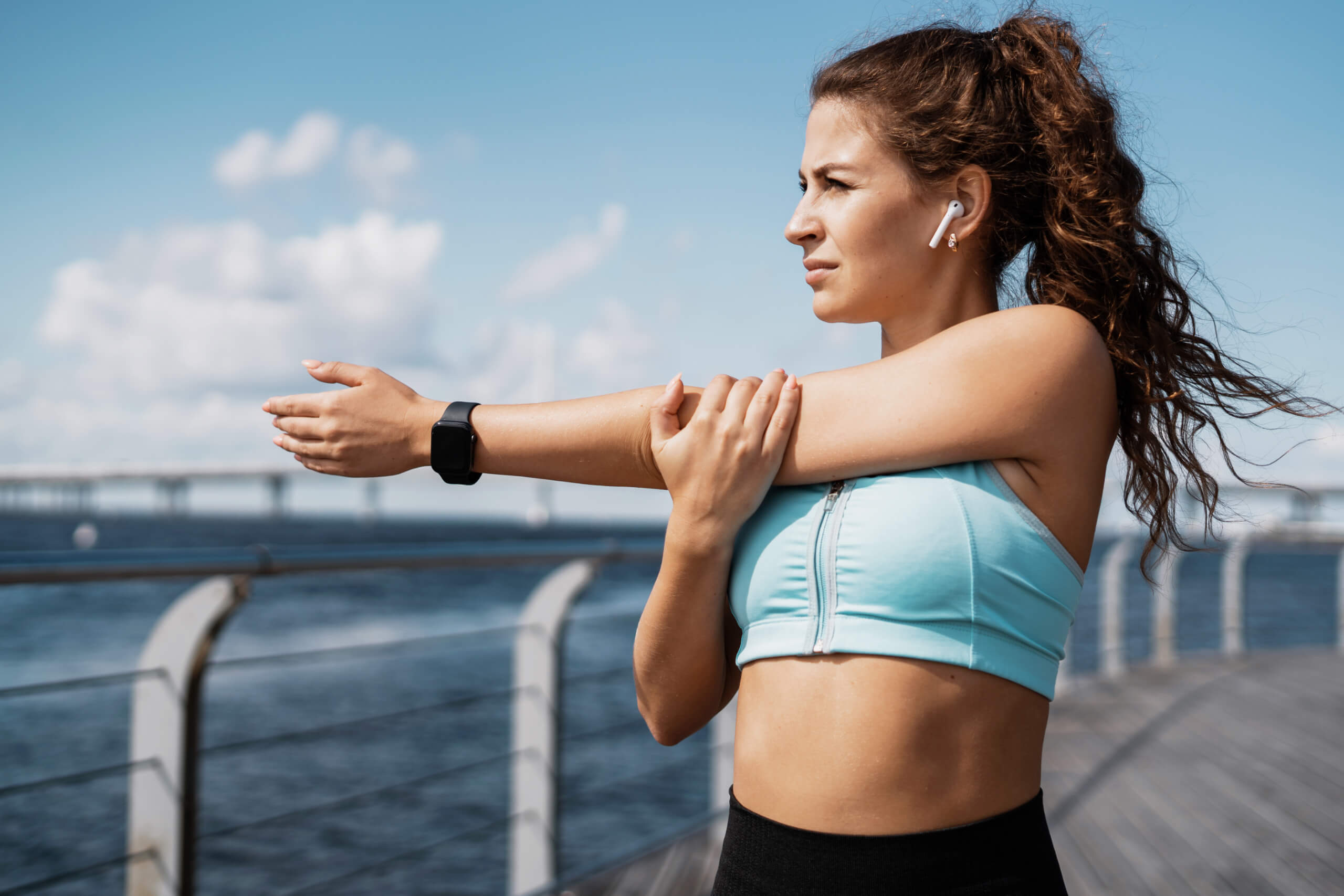Introduction
Ever basked in the sun and felt rejuvenated? That might be the Vitamin D3 working its charm! A crucial nutrient for our body, Vitamin D3 plays various pivotal roles. Let’s dive deeper into the world of this sunshine vitamin!
What is Vitamin D3?
Vitamin D3, also known as cholecalciferol, is one of the several forms of vitamin D. It’s naturally produced in our skin when exposed to sunlight. It’s also available in specific foods and supplements, ensuring everyone can get their needed dose.

Sources of Vitamin D3
- Sunlight: Our body’s primary source of Vitamin D3. Sun exposure for 10-20 minutes, thrice a week, can typically fulfill our requirements. But remember, too much sun can harm the skin!
- Foods: Fatty fish like salmon, mackerel, and sardines are rich in D3. Eggs and fortified foods like milk or cereals also contribute.
- Supplements: A handy way for those with limited sun exposure or dietary restrictions. One such supplement is Feminine Energy. Find out more about this product here.
Benefits of Vitamin D3
- Bone Health: It aids calcium absorption, ensuring our bones remain strong and healthy. Remember how our parents emphasized milk for strong bones?
- Immune System Support: Ever wondered why we tend to get sick more often in winters? Reduced sun exposure might be a reason. D3 bolsters our immune system, keeping colds at bay.
- Mood Regulation: It can act as a mood elevator and has been linked to reducing depression.
- Heart Health: It plays a role in heart health, regulating blood pressure and reducing inflammation.
- Skin Health: It can rejuvenate skin, reduce symptoms of eczema and psoriasis.
- Weight Management: There’s evidence suggesting it can help regulate appetite and body weight.
Side Effects of Excessive Vitamin D3
Everything in moderation! Excessive D3 can lead to:
- Hypercalcemia: Elevated blood calcium levels, leading to nausea, vomiting, and more.
- Kidney Damage: Prolonged high levels might harm your kidneys.
- Bone Loss: Sounds counter-intuitive, right? But too much D3 can weaken bones.
- Digestive Issues: Including nausea, stomach pain, and constipation.

Recommended Dosage
The right dosage varies:
- Adults: 600-800 IU/day.
- Children: 400-600 IU/day.
- Seniors: Up to 800 IU/day. As we age, our ability to produce D3 reduces.
Feminine Energy and Vitamin D3
- What is Feminine Energy?: It’s a supplement designed for women’s health, and yes, it contains D3! Perfect for those wanting a dual benefit.
- Benefits of Feminine Energy Containing D3: Apart from the general D3 benefits, this supplement is tailored for women, ensuring hormonal balance, boosting energy, and enhancing overall health.
Conclusion
Vitamin D3, the sunshine vitamin, is crucial for our well-being. While the sun is our primary source, foods and supplements like Feminine Energy ensure we get our daily dose. Remember, moderation is key, and always consult a professional before starting supplements!
FAQs
- Is Vitamin D3 the same as Vitamin D?
- No, D3 is a form of Vitamin D. There are other forms like D2.
- How can I increase my Vitamin D3 intake naturally?
- Sun exposure and D3-rich foods like fatty fish and eggs.
- What happens if I take too much Vitamin D3?
- Excessive D3 can lead to hypercalcemia, kidney damage, and bone loss.
- Can I take Feminine Energy as my Vitamin D3 supplement?
- Yes! Feminine Energy contains Vitamin D3. Always consult with a healthcare provider first.
- Why is Vitamin D3 called the sunshine vitamin?
- Because our skin produces it naturally when exposed to sunlight!
Related Posts
27/12/2024
How TongKat Ali Helps Women Achieve Hormonal Balance
Achieving hormonal balance is vital for every woman’s overall health and well-being. From energy levels to mood…
15/12/2024
Rhodiola Rosea: The Stress-Reducing Herb Every Woman Needs
Stress is an unwelcome guest in most women’s lives. Whether juggling a career, family, or personal wellbeing, it can…
03/12/2024
The Importance of Vitamin D3 for Women’s Health
Vitamins play a crucial role in maintaining women’s health, and among them, Vitamin D3 stands out. Known as the…
21/11/2024
Boosting Your Energy and Mood with Feminine Energy
In today's fast-paced world, many women find themselves juggling various roles, often putting their own wellbeing on…
09/11/2024
The Importance of Iron and Folic Acid for Women’s Health
Women’s health is a unique and vital area that requires special attention. As women go through various life stages,…
28/10/2024
Managing Menopause Symptoms Naturally with Supplements
Menopause is a natural phase in a woman’s life, but it often comes with a range of uncomfortable symptoms like hot…
16/10/2024
5 Reasons to Incorporate Feminine Energy into Your Daily Routine
In today's fast-paced world, we often focus on outward achievements and productivity, which is driven by masculine…
04/10/2024
How to Balance Hormones Naturally with Diet and Supplements
Hormonal balance is crucial for overall well-being. Whether you're dealing with mood swings, fatigue, or other…
22/09/2024
Essential Nutrients Every Woman Needs at Different Life Stages
Maintaining optimal health throughout various stages of life is crucial for every woman. Different life stages come…










